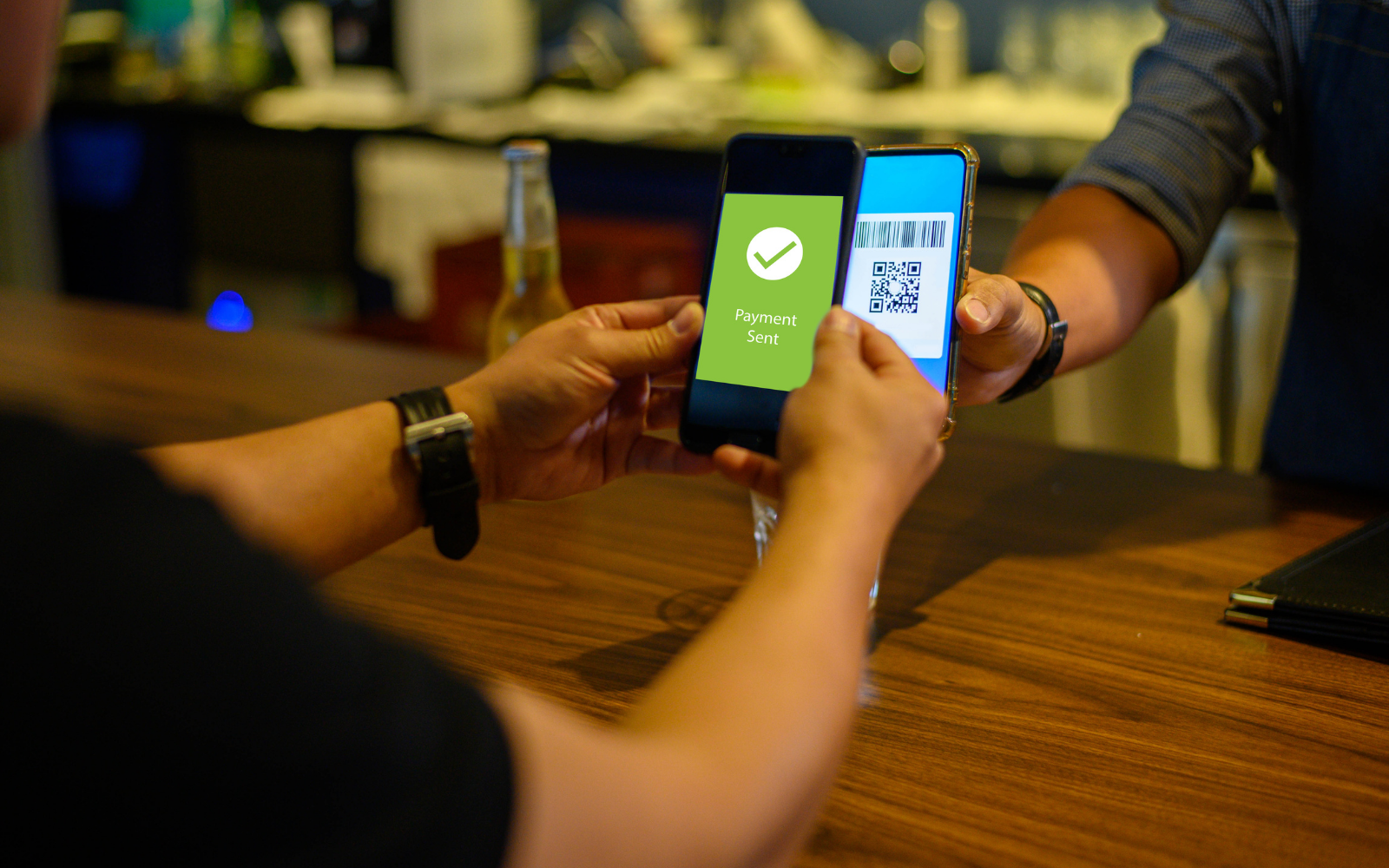
Users gain extra privacy thanks to a new idea that involves revealing a secret between a recipient and sender and then checking the Bitcoin blockchain for the transaction.
Ruben Somsen has made an intriguing concept that will assist increase the anonymity of persons receiving bitcoin: Payments that are made invisibly. Somsen’s approach is based on ideas like BIP47, which allows people to establish reusable payment codes that can be changed by others to produce unique public addresses that are only known by the sender and receiver. When compared to exposing an xpub or simply utilizing a single address to receive payments, this allows the recipient to take bitcoin in a more secret manner.
BIP47 introduces the tradeoff of increased data usage as the reusable addresses it enables are produced by including OP_RETURN messages, which require more data than your average bitcoin transaction. With silent payments, the tradeoff made by BIP47 in the form of extra data associated with the creation of a payment code using OP_RETURN is eliminated and replaced with an increase in the scanning requirements of wallet software. The way I understand it, senders take a silent payment public address provided by a receiver, use the private key of the input (UTXO) they will be using to send bitcoin to the receiver to create a new public address owned by the receiver and send the bitcoin to that address. The receiver then scans the blockchain for inputs and uses data associated with their silent payments address to identify where payments have been received.
This is an interesting tradeoff because, if adopted in favor of solutions like those enabled by BIP47, it would reduce the long-term data burden on those operating full nodes, but it would require buy-in from those developing wallet software to ensure that their products are compatible with the silent payments design scheme. Certainly a difficult task, but one worth attempting to achieve across these wallet softwares. For people wishing to accept bitcoin payments with better privacy protections and less engagement with the chain, this might be more useful. Consider dissidents living under oppressive regimes who require contributions to be made in a discreet and simple manner.


